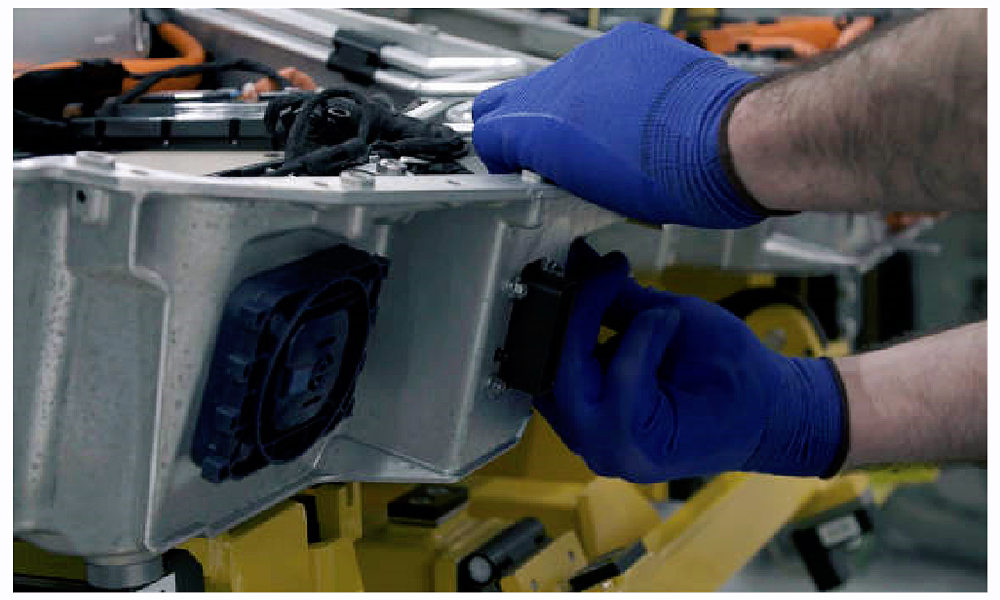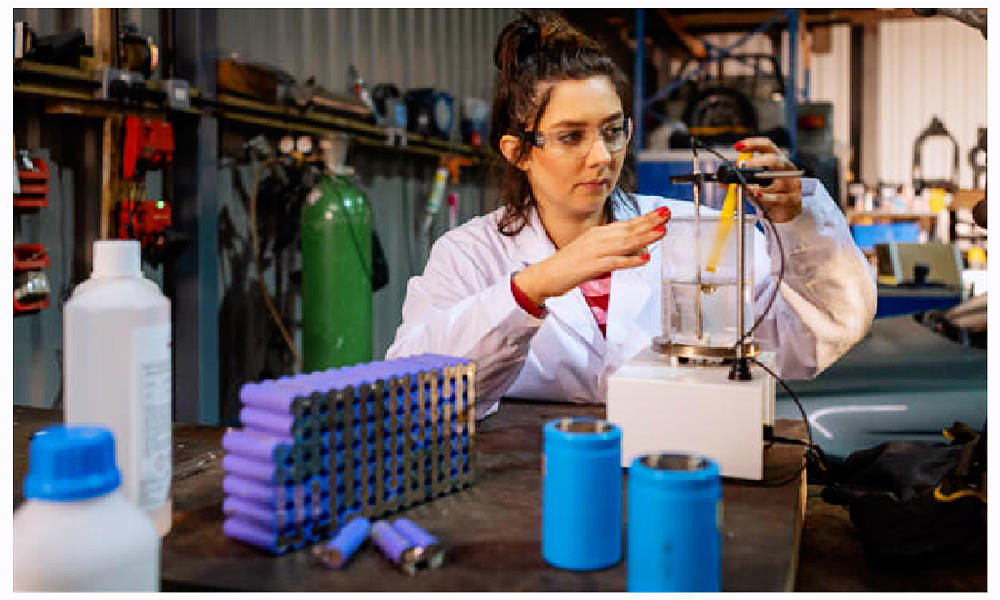Scientists are working on the next generation of lithium-ion battery, which could be even more powerful and efficient than ever before. lithium-ion batteries have become an essential part of our lives, powering everything from cell phones to electric cars.
1. Types of lithium-ion battery chemistry
Lithium-ion batteries are the most popular type of battery on the market today. There are a variety of different lithium-ion battery chemistries, each with its own benefits and drawbacks. The three most common types of lithium-ion battery chemistry are LiCoO2, LFP, and NMC.
LiCoO2 batteries are the oldest type of lithium-ion battery, and they are still widely used in a variety of applications. However, LiCoO2 batteries also have a relatively high self-discharge rate, meaning they lose power over time even when not in use.
LFP batteries, or lithium iron phosphate batteries, are a newer technology. They have a lower energy density than LiCoO2 batteries, but they make up for it with a higher power density.
2. The generation of lithium-ion battery
A lithium-ion battery is a type of rechargeable battery that utilizes lithium ions as an electrode. These batteries are relatively new on the market and have quickly become the preferred choice for many electronic devices due to their high energy density and long life span.
While older generations of lithium-ion batteries were known to be slightly unstable and prone to overheating, newer versions feature improved safety features that make them much more reliable.

3. ways to maximize li-Ion life
- Use Smart Battery Management
BMS is composed of components such as temperature sensor and current and voltage sensor. Since the electrolyte of lithium battery is liquid, it will be very dangerous if it leaks.
In order to protect the lithium battery and grasp the state of charge of the battery, the battery management system can reduce the maintenance frequency of the lithium battery and prolong the battery life.
- Don’t overcharge
It’s okay to leave your lithium-ion battery plugged in after it’s fully charged; the voltage will automatically cut off when the battery is full.
- Avoid deep riding
Charge it regularly. Lithium-ion batteries don’t like to be completely discharged, so try to keep them topped up as much as possible. This will help prevent the “memory effect,” which can shorten battery life.
- Avoid extreme temperatures
If possible, store your lithium-ion battery in a cool, dry place. And if you’re using it in hot weather, try to keep it out of direct sunlight.
- Good circuit board design
The temperature monitoring of the lithium battery pack protection board is in the environment of -40°C to +85°C to see the cell voltage and charging status. A good circuit board design can reduce the resistance, increase the power and protect the circuit safety.

